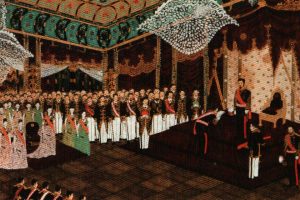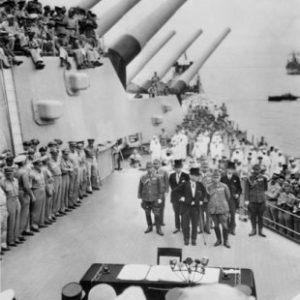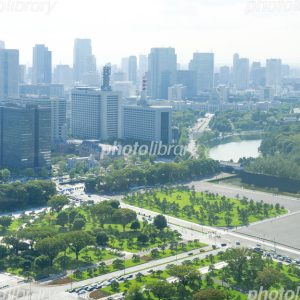In 1918, young Fumimaro Konoe contributed a prominent article, "Eliminating American-British-oriented pacifism," which criticized the League of Nations in the speech magazine "Japan and the Japanese." He insisted that:
"Peace, as the Anglo-Americans say, is to maintain the status quo that is convenient for them, and regardless of justice or humanitarianism, it is'just a nickname for humanitarianism.'" Britain and the United States insist on the battle of democracy and humanitarianism against monopoly and militaryism, and Japanese intellectuals are also intoxicated with the rhetoric of Britain and the United States and consider it to be peaceful and equal humanitarianism. Only Britain and the United States, the rest of the nations have nothing to gain if invited by the nickname of justice and humanitarianism. Indiscriminate treatment ”should be claimed.”
If the "League of Nations" mentioned here is replaced with the "China siege network", Konoe's claim is still convincing.
In addition, the allegation of "indiscriminate treatment of colored races" leads to a protest against US President Wilson, who rejected the Japanese government's request to add a paragraph of racial equality to the Covenant of the League of Nations. Just as Asian contempt is widespread in the United States today in the 21st century, it is deeply rooted in the Western world, which is mainly white, to share the values of "freedom and democracy, human rights, and the rule of law" led by the United States and Britain. With pride, they cannot give up their supremacy to the rising colored race of Asia. From this point of view, it is no exaggeration to say that Communist China and the former enemy Japan are the same enemy.
■ The United States and Britain take advantage of Japan's inferiority complex
Immediately after the start of the war between Japan and the United States, the Council on Foreign Relations (CFR), which is under the umbrella of the Rockefeller conglomerate and has a decisive influence on the US foreign policy, said, "When occupying Japan, we despise Korea, China, Russia, and Asian countries. We should take advantage of our superiority to the United States and the strong desire to be treated on an equal footing with Western countries including the United States and the United Kingdom. " This recommendation was consistently adopted in the US policy toward Japan after the war. John D. Rockefeller III, who virtually presided over the CFR in January 1951, before the conclusion of the Peace Treaty with Japan, came to the roots of the conclusion of the Peace Treaty with Special Envoy John Foster Dulles, Secretary of State under the Eisenhower administration. Although it was a day, both of them made similar remarks. Taking advantage of the inferiority complex of the yellow race is the basis of the Japanese handle of the American and British rulers. It is consistent to this day.
In particular, John Dulles, who is considered to be the "creator" of the Japan-US Security Treaty, said after signing the peace treaty: "Although it was reformed by the occupation, I doubted that I could trust the Japanese who had a fierce war until 6 to 7 years ago. Behind the negotiations with the United States, I suspected that it might be connected to the People's Republic of China because both are an Asian of the same yellow race. The superiority that the Japanese often had over other Asian countries, on the other hand they have Inferiority complex to such as the United States and the United Kingdom of the "Elite Anglo-Saxon Club". We should use the fulfillment of their longing to join the Western camp against the communist nations to hold back their loyalty to the Western camp. The US-Japan Security Alliance, which re-arms Japan and incorporates it into its western camp, while the dilemma of not being able to trust the Japanese, is to permanently subordinate Japan to the United States. It was solved by building. (John W. Dower, War without mercy, Pantheon Books, 1986)
■ Build an East Asian community
The US and Britain's "criticism of China's tyranny" is by no means something that can be taken head-on. The values diplomacy established by the Aso and Abe administrations, that is, the diplomatic stance of confronting China's Communist Party dictatorship and tyranny because it shares universal values with the United States and Europe, was only brought about by the Japan-US security system. .. As the US-UK Anglo-Saxon alliance sees in the Abe Nippon Kaigi administration, Japan, which is ultra-conservative and cannot yet liquidate the madness of the view of imperial history, should Japan be truly considered as a "democratic nation that shares values ? I don't think so.



